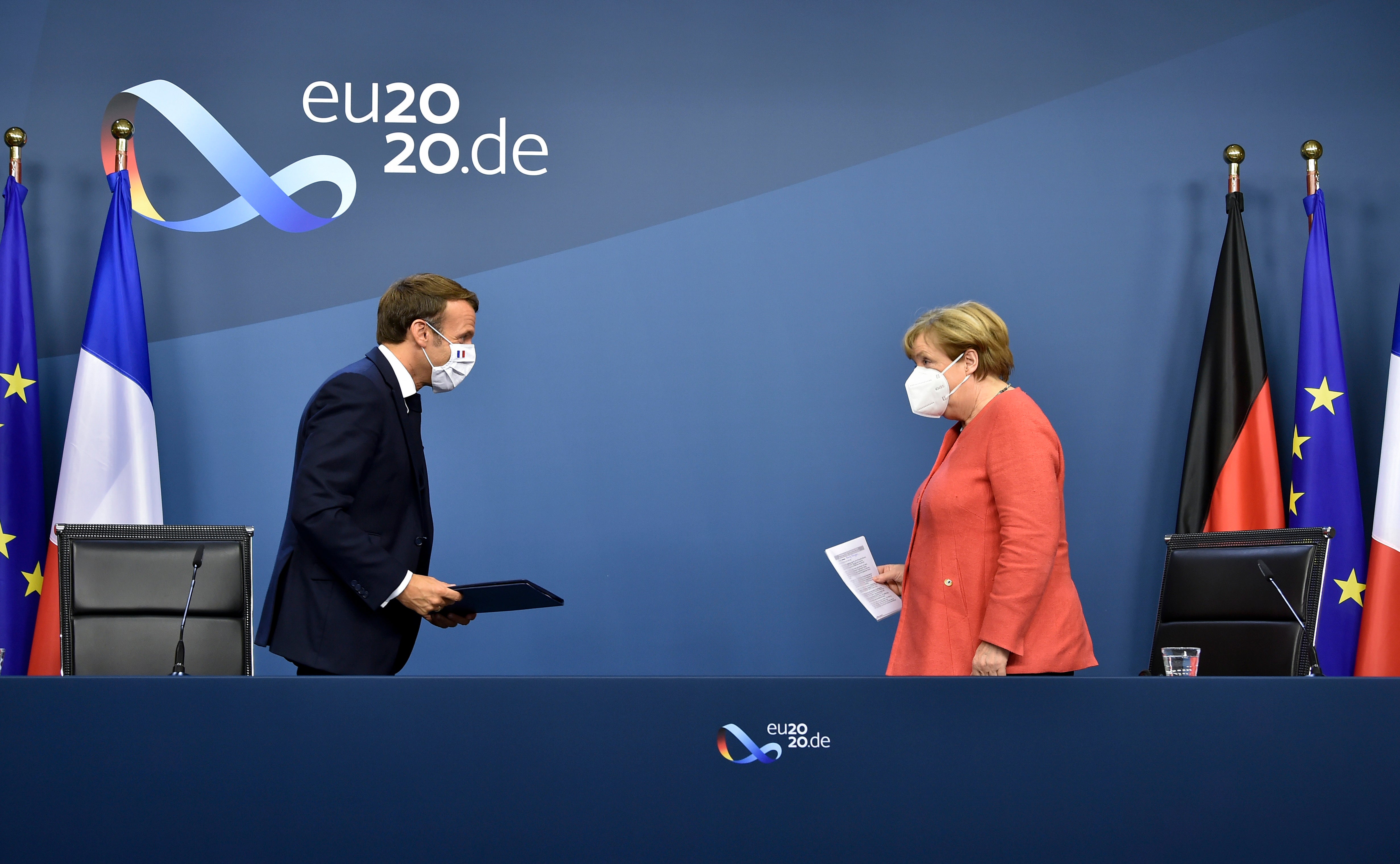EU watchdog: Not enough safeguards on pandemic recovery fund
The European Union's financial watchdog is warning that insufficient checks and safeguards on how EU member countries spend a massive aid program designed to help them bounce back from the COVID-19 pandemic crisis are creating possibilities for fraud and mismanagement

Your support helps us to tell the story
From reproductive rights to climate change to Big Tech, The Independent is on the ground when the story is developing. Whether it's investigating the financials of Elon Musk's pro-Trump PAC or producing our latest documentary, 'The A Word', which shines a light on the American women fighting for reproductive rights, we know how important it is to parse out the facts from the messaging.
At such a critical moment in US history, we need reporters on the ground. Your donation allows us to keep sending journalists to speak to both sides of the story.
The Independent is trusted by Americans across the entire political spectrum. And unlike many other quality news outlets, we choose not to lock Americans out of our reporting and analysis with paywalls. We believe quality journalism should be available to everyone, paid for by those who can afford it.
Your support makes all the difference.Insufficient checks and safeguards on how EU member countries spend a massive aid program designed to help them bounce back from the crisis caused by the COVID-19 pandemic are creating possibilities for fraud and mismanagement, the bloc's financial watchdog warned on Wednesday.
The European Court of Auditors warned of an “accountability gap in protecting the European Union's financial interests” as the 27 member states use 724 billion euros ($763 billion) to reinvigorate their economies, which took the biggest hit since World War II during the coronavirus crisis.
“With such large amounts at stake, it's imperative that EU taxpayers' money is adequately protected,” ECA President Tony Murphy said.
Member states have to set up strict plans on how to use the funds and target future-oriented sectors promoting the green and digital transition of their economies, amongst others. The ECA however laid bare how such targets and milestones of the program should be better checked by the EU's executive Commission, especially once they are rolled out. So far about 20% of the grants and loan program have been paid out.
Sometimes, it said, the Commission has no way of fully checking whether the information from the member states on how they spend the money is accurate and does not allow for abuse.
“There is a gap in terms of the assurance the Commission can provide for the EU’s main pandemic recovery fund and a lack of accountability at EU level,” Murphy said. “This represents a serious risk to EU financial interests.”
“Citizens will only trust new ways of EU funding if they can be sure that their money is being spent properly,” he added.
And it is not only citizens — often the trust of member states on how others spend joint funds only goes that far too.
The massive fund to confront the EU's biggest recession in its history is partly based on common borrowing and is to be used as loans and grants primarily by the countries hit hardest by the crisis. EU member states taking up loans together, sharing debt and spending it in a spirit of solidarity was long unthinkable within the EU.
That is an another reason why the ECA wants to counter any inappropriate spending, since, it said in a statement, it “is widespread in other EU spending programs.”
The auditors acknowledged that EU authorities acted fast in setting up such a vast system at short notice, especially considering the need to turn the economic fortunes of many member states around.
All too often, the bloc has been accused of being far too slow to react to pressing events and getting lost in intricate rule-making while a crisis was raging at the same time. This time, even if acting “in a relatively short period of time,” as the auditors noted, the Commission is left wanting to be able to verify whether everything will be well spent and has to rely too much on national checks.
“The Commission has little verified information through its own work as to whether and how these national checks are carried out. Without assurance that these rules are complied with, there is a lack of accountability at EU level,” the ECA report said.
The COVID-19 program runs through 2026 and any remarks in the report can still be taken on board to improve assessment.